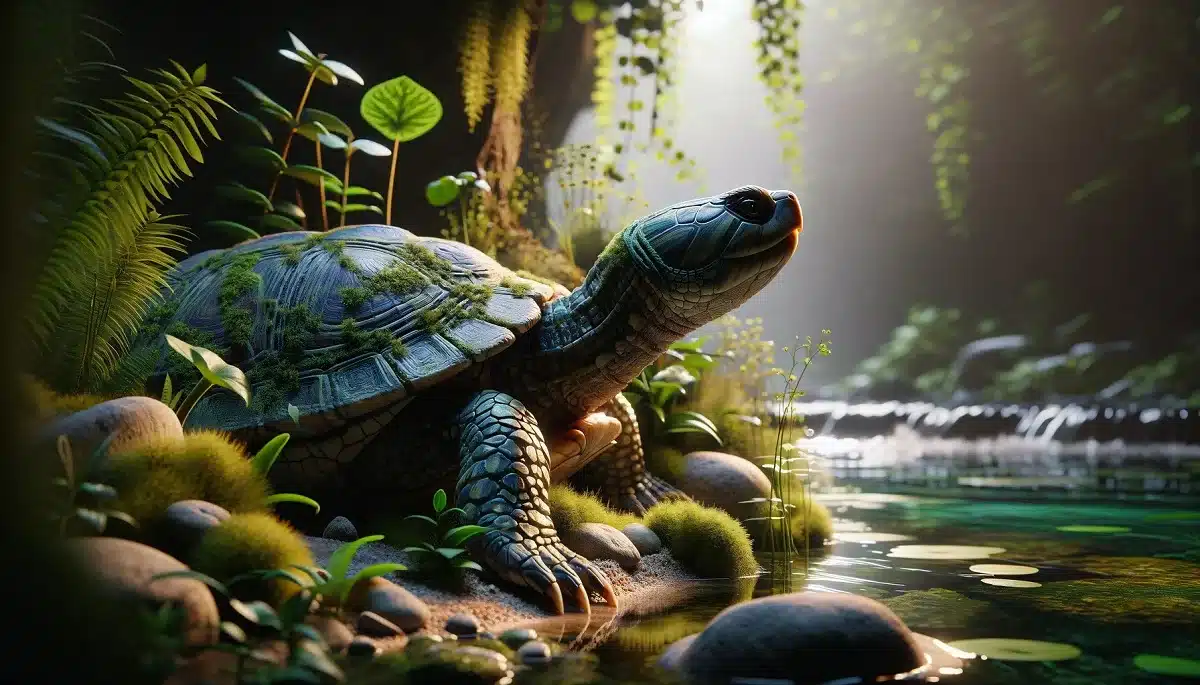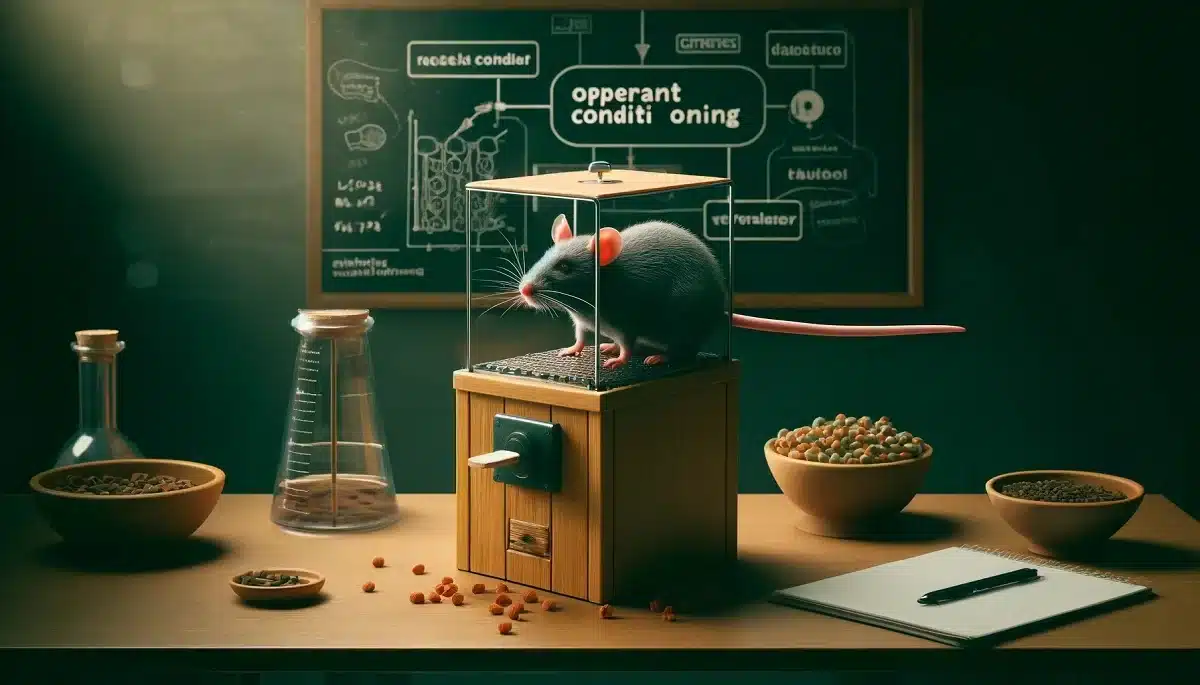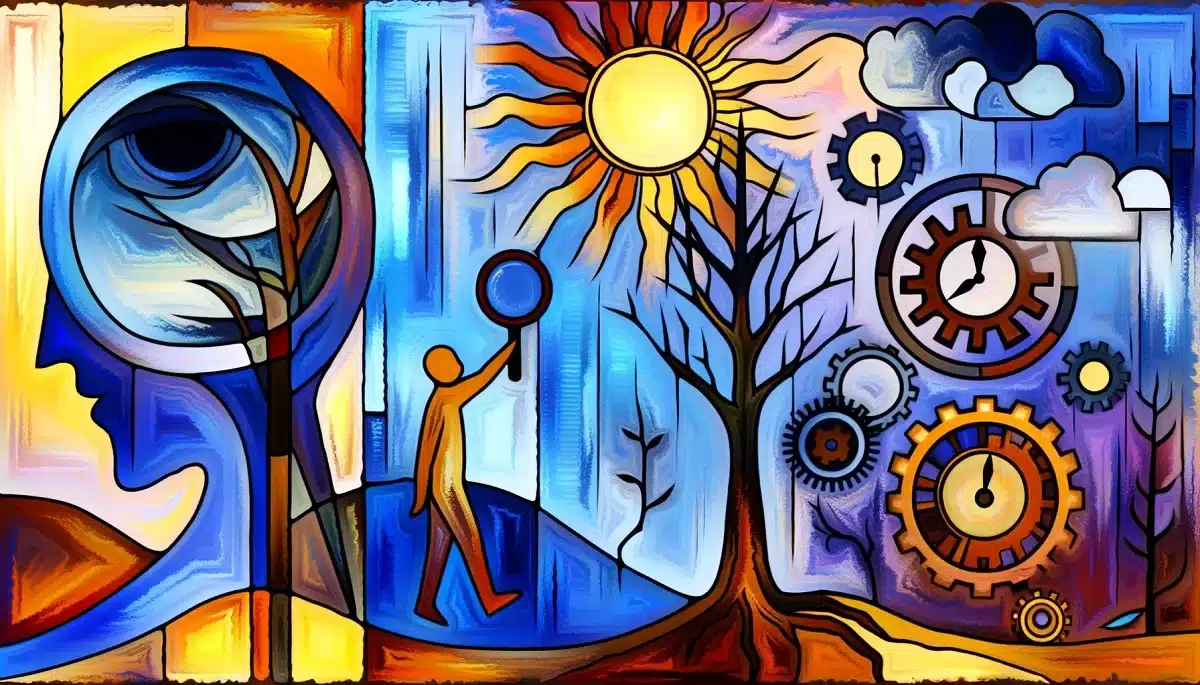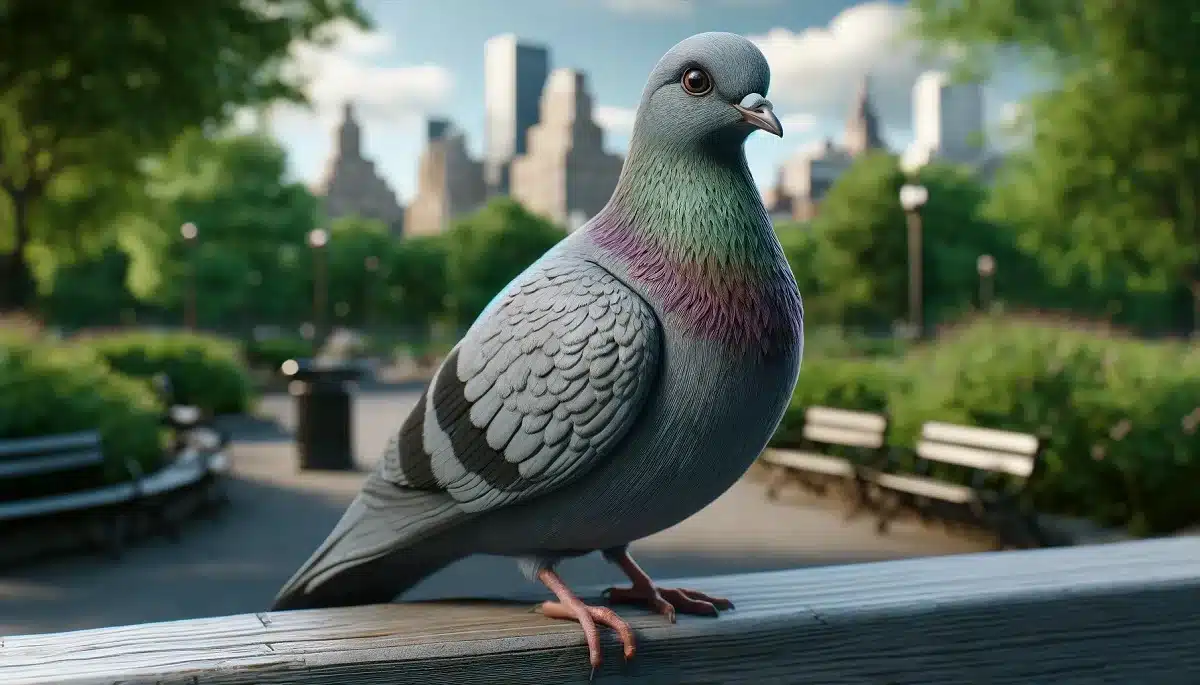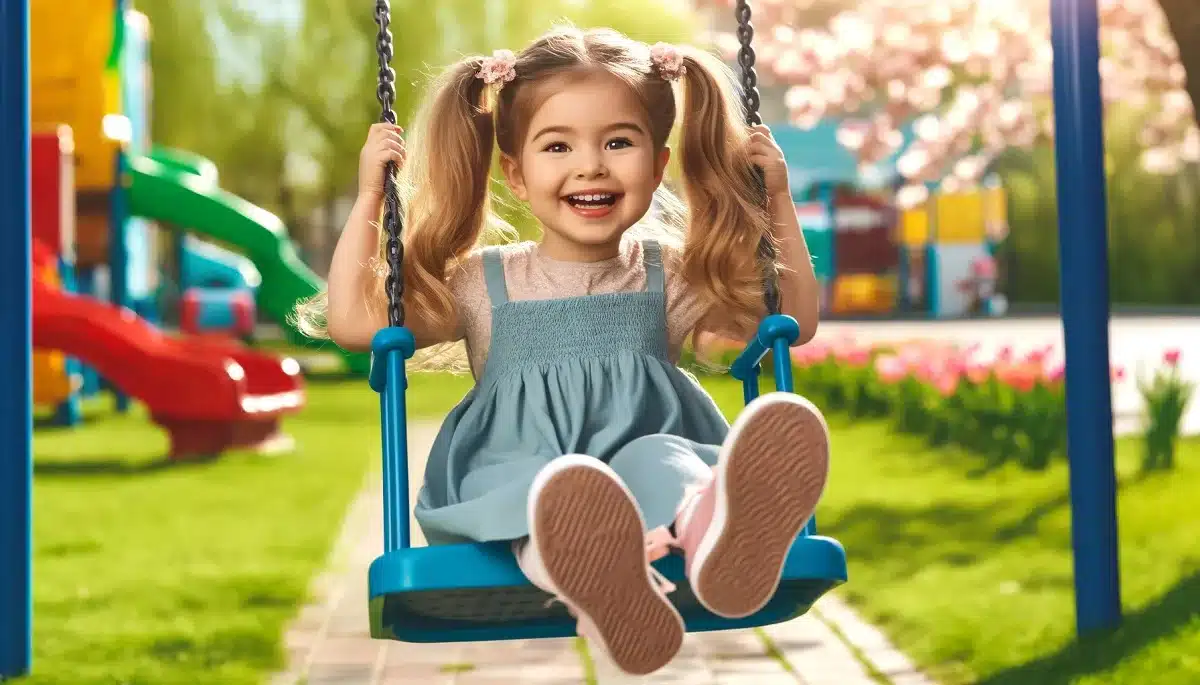In the natural world, many animal species such as elephants, monkeys, dogs, and dolphins have been observed clearly mourning when they lose a beloved friend or offspring. These observations raise significant questions about whether animals understand the concept of death and mourn as humans do.
Research has shown that some animal species, especially those with complex social structures, stay beside their deceased friends or family members for extended periods, sometimes exhibiting sorrowful behavior and even interacting with the dead bodies. These behaviors suggest that animals may comprehend the permanence of death and exhibit a process similar to mourning.
However, there is a debate on this topic: There is a risk of anthropomorphism—interpreting animal behaviors from a human-centric perspective. Some scientists argue that interpreting animals’ behaviors as mourning could mislead us in understanding their true emotional lives.
Nonetheless, the responses of elephants, monkeys, dogs, and dolphins, as well as other animal species, to the deaths of closely bonded individuals point to the richness of their social and emotional worlds and deepen our understanding of them. Such observations help us better comprehend animals’ emotional lives and their relationship with death.
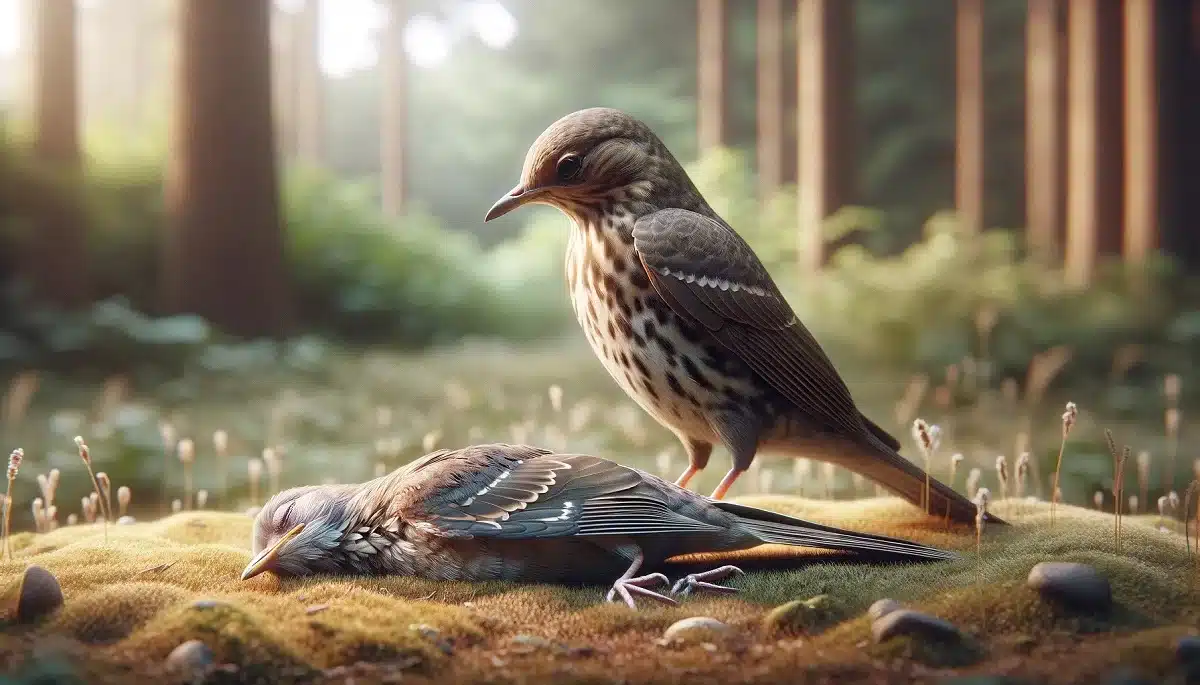
Do Animals Mourn for Their Dead Companions?
This question is critical to our understanding of animals’ relationship with death. Over the centuries, some thinkers, such as the Pythagoreans , have believed that animals have similar emotional experiences to humans. Darwin, known as the Father of Evolution , stated in his work “The Descent of Man and Selection According to Sex” that “even animals with simpler organisms can feel pleasure, pain, happiness and misery like humans.”
Modern research shows that animals can feel a wide range of emotions such as love, fear, happiness, sadness, resentment, jealousy and anger . In light of this evidence, it has been observed that there is a real mourning process in the face of death among mammals, especially between mothers and their offspring . Scientists believe that most mammals and some bird species form social bonds and are emotionally affected when they lose a member of those bonds.
In this context, animals’ reactions to death reveal their complexity and richness as emotional and social beings . Thus, animals’ capacity to grieve is an important indicator that they share common emotional experiences with humans.
Are Their Griefs Similar to Humans?
Claiming that animals ‘grieve like humans’ is indeed a bold statement. Animal behaviorists and anthropologists generally agree that animals feel sadness upon the death of loved ones. In particular, in primates such as chimpanzees , observations of group members mourning the death of someone have been frequently reported. Some of these animals stop eating when a member of the group dies, withdraw from their activities, and become completely silent, while previously known for their playful and active personalities. These animals also stare at deceased individuals for long periods of time and even try to revive them, which may be a similar behavior to the mourning process in humans.
How Can We Really Be Sure They’re Grieving?
An incident observed by renowned primatologist Frans de Waal illustrates animal grief more clearly. A baboon mother loses her baby to a predator and weeks later wanders around the place she lost as a sign of mourning, then climbs to a high place and literally cries out for her baby. This behavior is strong evidence that the mother remembers the event and feels deep sadness.
These accounts show that animals are also complex emotional beings and that their grieving processes, although different from those of humans in ways specific to their species, involve similar emotional processes.
Do They Realize That Death Is Permanent?
According to Frans de Waal, primates understand the permanence/irreversibility of death . They notice that upon the death of an individual, he or she no longer moves, sways, or interacts in any way. To support this understanding, Waal gives an example about bonobos . In his research, he observed that after bonobos killed a snake, they realized that the snake was harmless and did not pose a threat to them, so they played with it. This shows that bonobos understand the lasting impact of death.
Do Some Animals Dig Graves for Their Dead Companions?
Humans have a tradition of digging graves for deceased individuals as part of their culture, and the roots of this tradition date back to Homo Naledi. However, this situation is different for animals . Animals often cover themselves with materials such as leaves or branches to protect their dead companions, but this is not like the intentional digging of graves that humans do to bury their dead. This behavior occurs mostly as a defense mechanism , to keep predators and scavengers away, and is much simpler and instinctive than the human practice of burying their dead. This shows that animal relationships with death are not as complex as human rituals, but still involve a process of understanding and response.
Do Animals Mourn the Death of Other Species?
This is a really fascinating topic, because there are many cases of animals mourning for creatures outside their own species. Such cases are officially investigated and documented . For example, an incident at the Berlin Zoo that attracted widespread attention involved the friendship between a cat named Muschi and a bear named Mauschen . The bond between these two animals was so strong that upon the death of the bear, the cat refused to leave the area where its friend lived and expressed its grief with demonstrative meows.
Although the issue of animals ‘mourning for the dead’ is controversial, it is possible to find many examples of this in nature. The mourning behaviors of different species such as chimpanzees , cats , and crows show that this emotional process is not unique to humans. Experts on animal behavior , primatologists, anthropologists and biologists , conduct extensive studies to understand the ways animals grieve, their causes and the depths of these processes.
Through this research, we are on our way to developing a deeper understanding of the complex creatures on Earth and the planet we share with them. This can both increase our empathy for the emotional lives of animals and offer a broad perspective on human-animal relationships.
